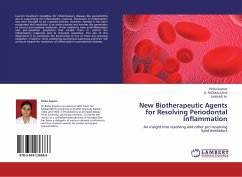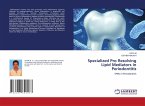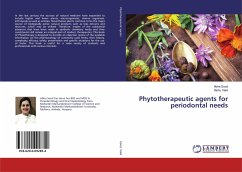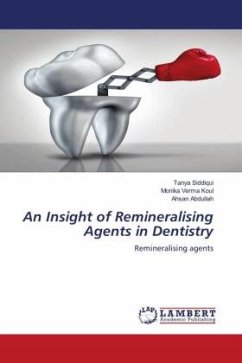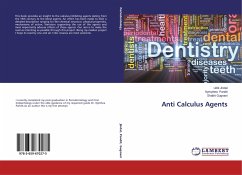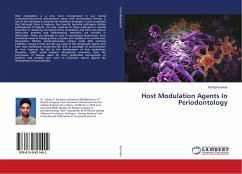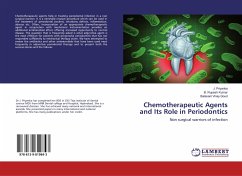Current treatment modalities for inflammataory diseases like periodontitis aim at suppressing the inflammatory response. Resolution of inflammation was once thought to be a passive process. However, recently it has been recognized that resolution is an active process and involves the generation of various pro-resolving molecules. These mediators have antiinflammatory and pro-resolution properties that enable them to control the inflammatory responses and to stimulate resolution. The aim of this dissertation is to summarize the bioactivities of one of these pro-resolving mediators resolvins , their underlying biochemical pathways and their role as future targets for resolution of inflammation in periodontal diseases.
